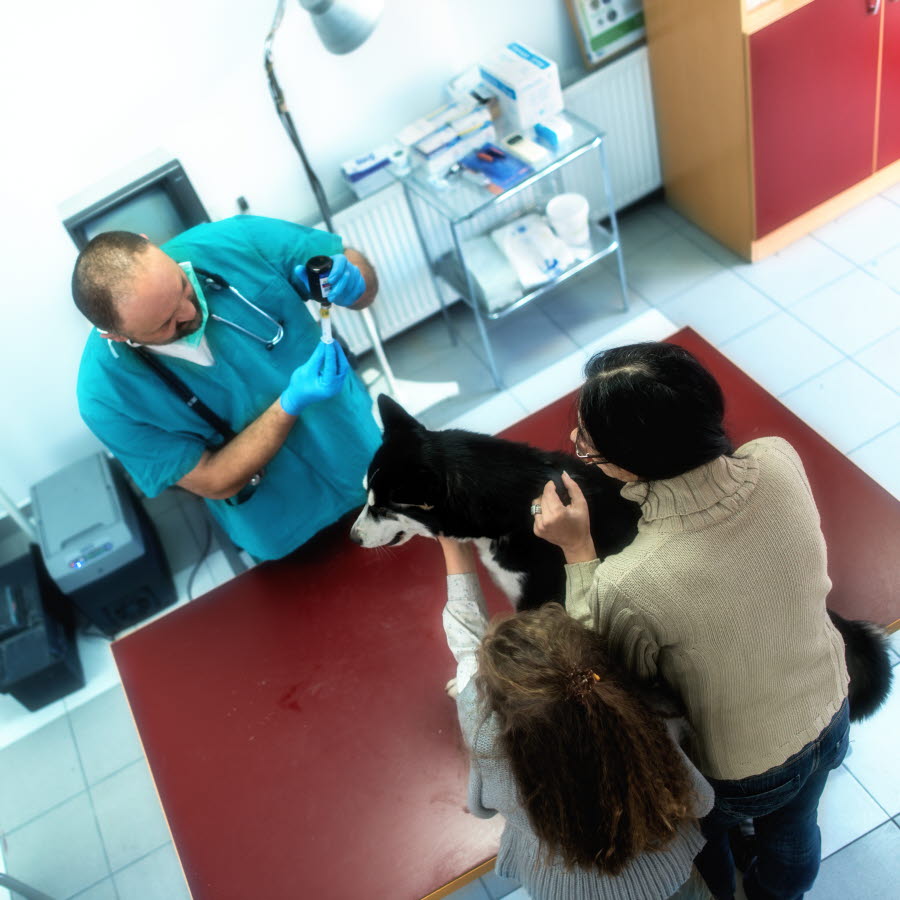
As an essential service, veterinarians across Australia are open and available to provide veterinary health care for your pets during the COVID-19 coronavirus pandemic. Whether your pet is ill, injured or due for regular medical treatment or vaccination, with the strict social distancing guidelines in place it is important to first contact your pet’s veterinarian for further advice specific to your pet.
When you contact your local veterinary practice, you will be advised of their safety protocols in place along with the options available for your pet to be seen by a veterinarian. Each veterinary practice will differ slightly in terms of how their business is operating and what services are available.
Depending on your pet’s condition, your pet may be brought inside by a staff member and assessed and treated within the veterinary hospital. Alternatively, a veterinary practice staff member may assess the pet outside the veterinary hospital, or your vet may conduct a telemedicine consultation with you and your pet. Whilst things may be a little different compared to normal, remember that your veterinarian is best placed to advise on your pet’s health and welfare.
Some pets require regular treatment by your veterinarian – this might be for management of skin conditions, metabolic conditions or other diseases. Your vet will be able to advise you about a specific treatment management plan for your pet during the COVID-19 pandemic. So if your pet normally visits the vet regularly, such as for treatment of arthritis, skin allergies or other conditions, it is important to still seek advice from your veterinarian during this time of the pandemic, so that they can help ensure your pet will remain happy and healthy. Similarly, if your pet is due for their vaccinations, contact your veterinarian for their advice specific to your pet.
Your local veterinary practice will also be able to provide specific advice to you about the availability of other activities such as pet boarding, grooming, dog washing, and dog and puppy training. If you have any questions or concerns, then contact your veterinarian for more information.
It is also important to remember that if you have to self-isolate or self-quarantine due to experiencing flu-like symptoms or if you have a positive test for COVID-19, it is advisable to minimise contact with pets during this time and maintain good hygiene practices. This includes washing your hands before and after handling your pet.
If you are unwell or need to be hospitalised, arrange with family or friends to take care of your pets. If you are unwell and your pet becomes unwell, then it is very important for the safety of others, that you contact your veterinarian prior to bringing your pet to a veterinary practice.
For more information, check out the following articles:
